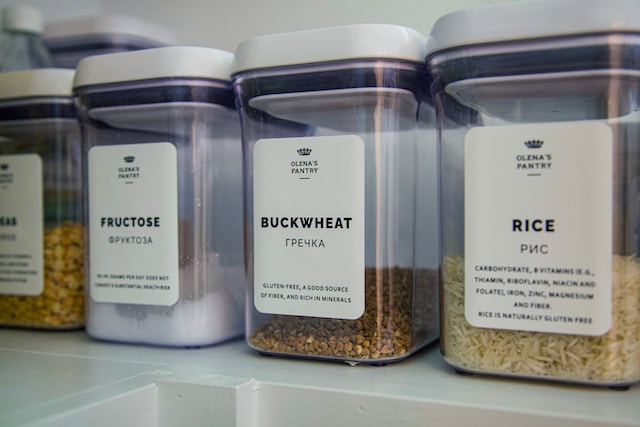In today’s world, we are all becoming more aware of the impact that our choices have on the environment. One area where parents can make a difference is in the use of name tags for their children’s belongings.

Traditional name tags are often made from paper or plastic and are designed for one-time use. However, there is a better solution that is not only more eco-friendly but also more convenient for busy parents: dishwasher safe name tags.
Dishwasher safe name tags are made from durable materials that can withstand the heat and water of a dishwasher cycle. They can be easily attached to backpacks, lunchboxes, water bottles, and other items that children take with them to school, daycare, or extracurricular activities. Unlike disposable labels, dishwasher safe name tags can be reused again and again, making them a more sustainable choice for parents who are concerned about reducing waste.
Reducing Waste
The environmental benefits of using dishwasher safe stickers are significant. By using these tags, parents can reduce their consumption of disposable labels, which are often made from plastic or paper and are designed to be used once and then thrown away. These labels can take decades or even centuries to break down in the environment, and they can contribute to litter, pollution, and other environmental problems.
Sustainability Education
Dishwasher safe name tags, on the other hand, are made from materials that are designed to last. They can be used for months or even years, which means that parents can significantly reduce their consumption of disposable labels. In addition, because dishwasher safe name tags are designed to be washed and reused, they can help reduce the amount of waste that is generated by parents who are constantly buying new labels. Parents can also use dishwasher safe name tags to teach their children about the importance of reducing waste and making choices that are better for the environment.
Cost Savings
Dishwasher safe name tags can also help parents save money in the long run. Although these tags may cost more upfront than disposable labels, they can save parents money over time because they can be used repeatedly. Parents who buy disposable labels may end up spending more money in the long run because they have to constantly buy new labels as the old ones wear out or get lost.
Time Savings
In addition, dishwasher safe name tags can help parents save time. Because these tags can be easily attached to items and then washed in the dishwasher, parents don’t have to spend time writing out new labels every time they send their children to school or daycare. This can be a big time saver for busy parents who are juggling work, household responsibilities, and other obligations.
Choosing Dishwasher Safe Name Tags
When it comes to choosing dishwasher safe name tags, there are several options available. Some tags are made from silicone, which is a durable material that can withstand heat and water. Other tags are made from vinyl or plastic, which are also durable and can be easily cleaned in the dishwasher. Parents should choose the material that best suits their needs and preferences.
Customization
Another consideration when choosing dishwasher safe name tags is the design. Some tags are plain and simple, while others can be customized with a child’s name, favorite color, or other design elements. Customized tags can be a fun way for children to personalize their belongings and make them more easily identifiable.
In conclusion, using dishwasher safe name tags is a simple and effective way for parents to reduce their environmental impact and teach their children about sustainability. By choosing these tags, parents can reduce their consumption of disposable labels, save money and time, and help create a more sustainable future for all of us.
Related Posts:
- 9 Ways to Be Fabulous and Environmentally Conscious at the Same Time
- Top Eco-Friendly Products You Might Want To Consider Getting For Your Child
- Going Green: How To Improve The Environment Through Business Practices
- 5 Things You Can Do to Help the Environment
- How to Reduce Waste at Home and Control Clutter